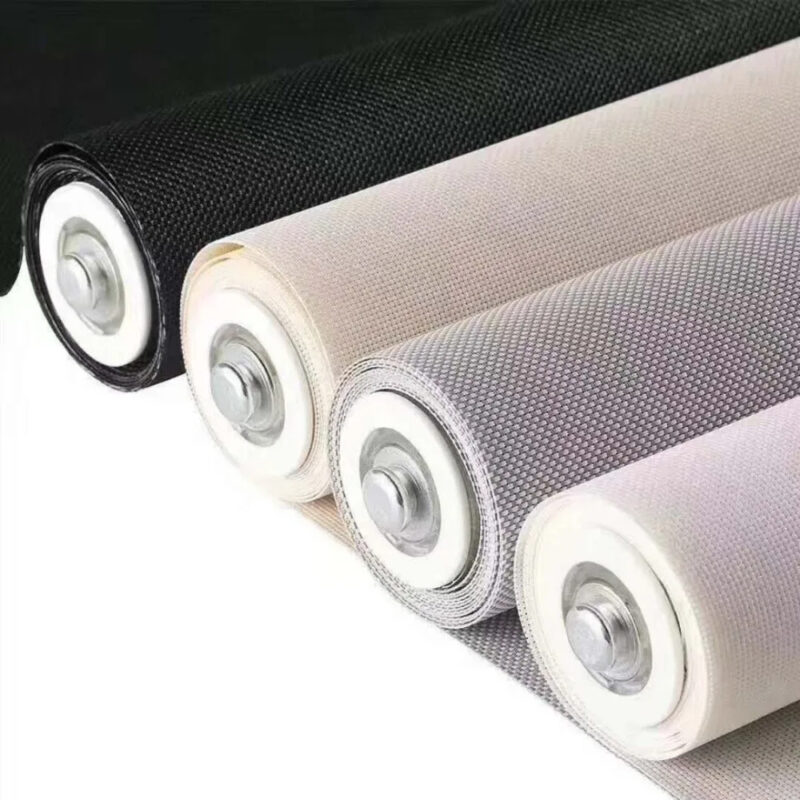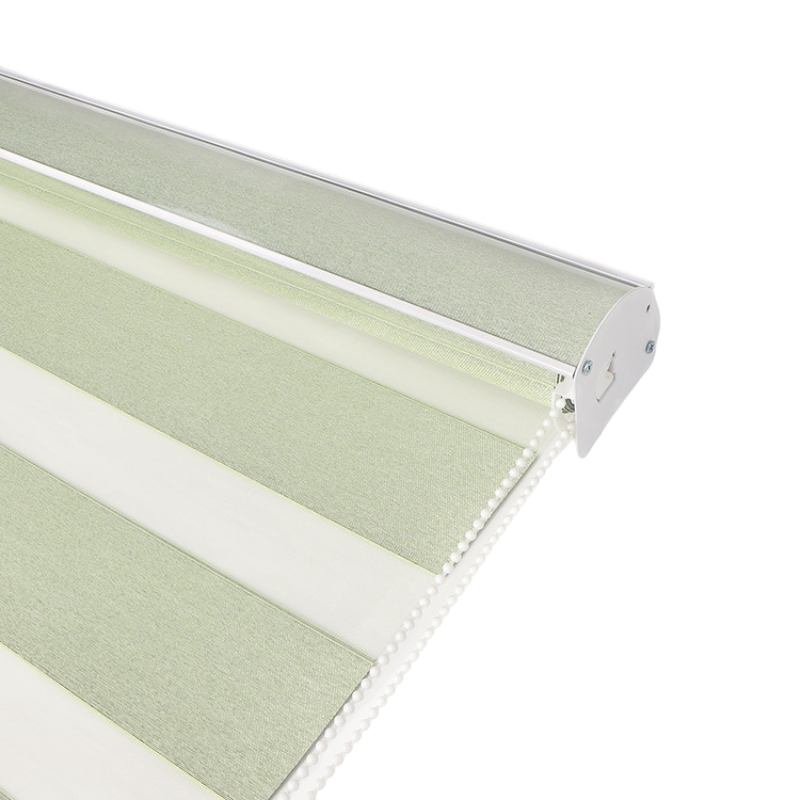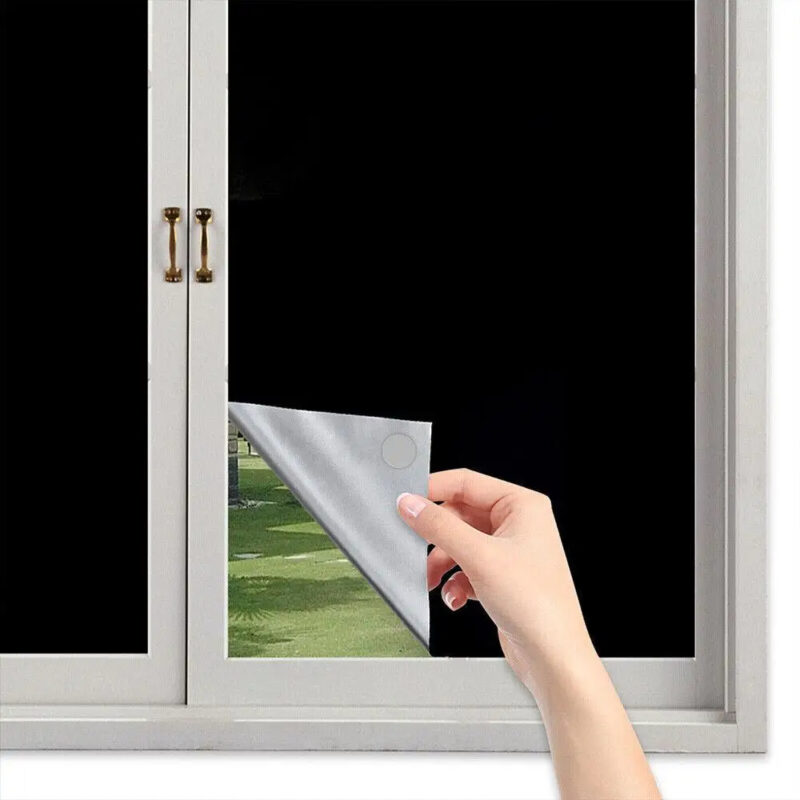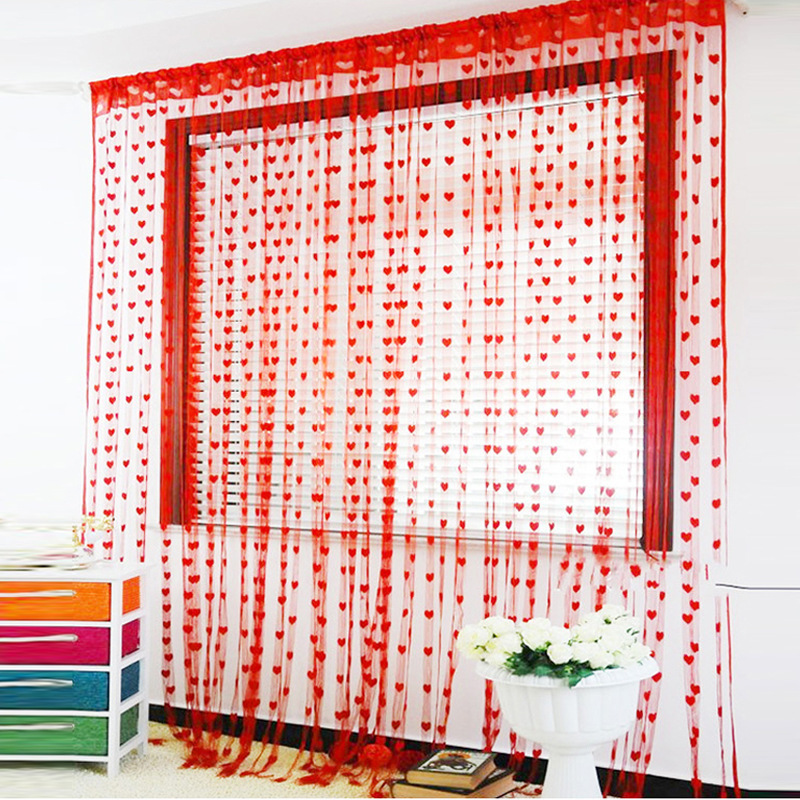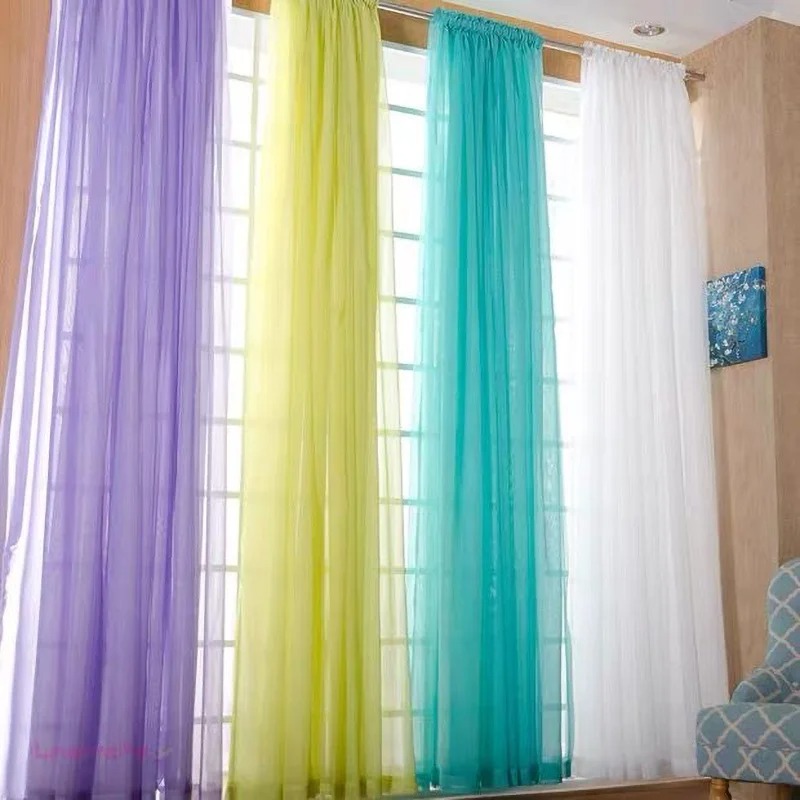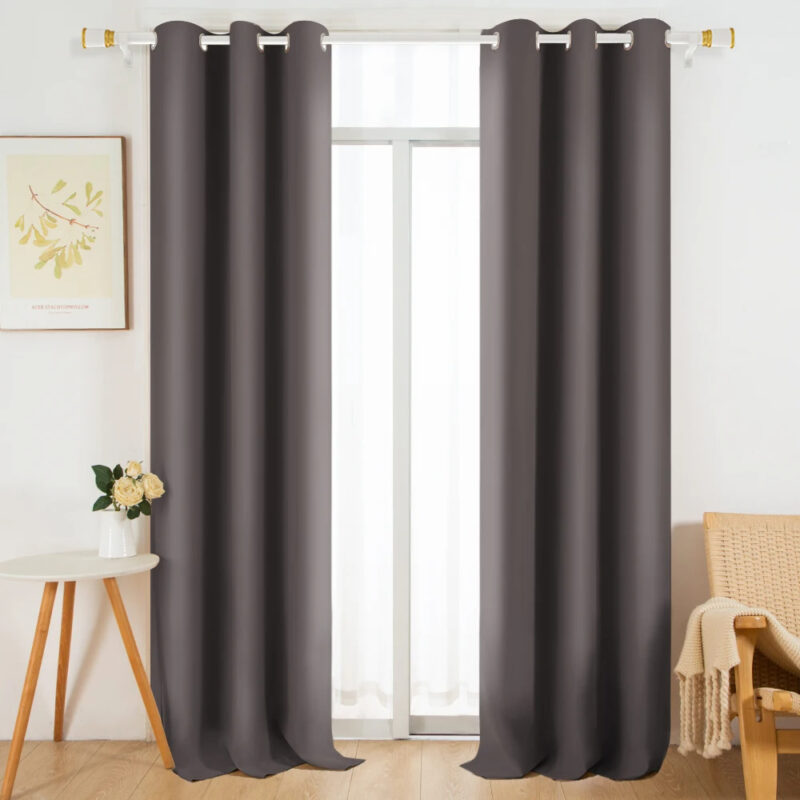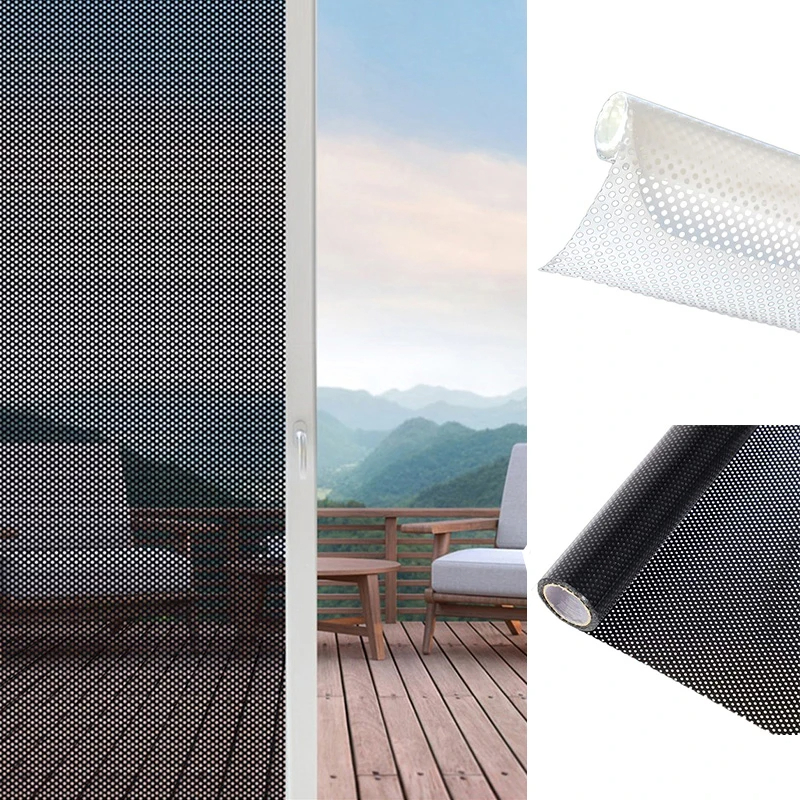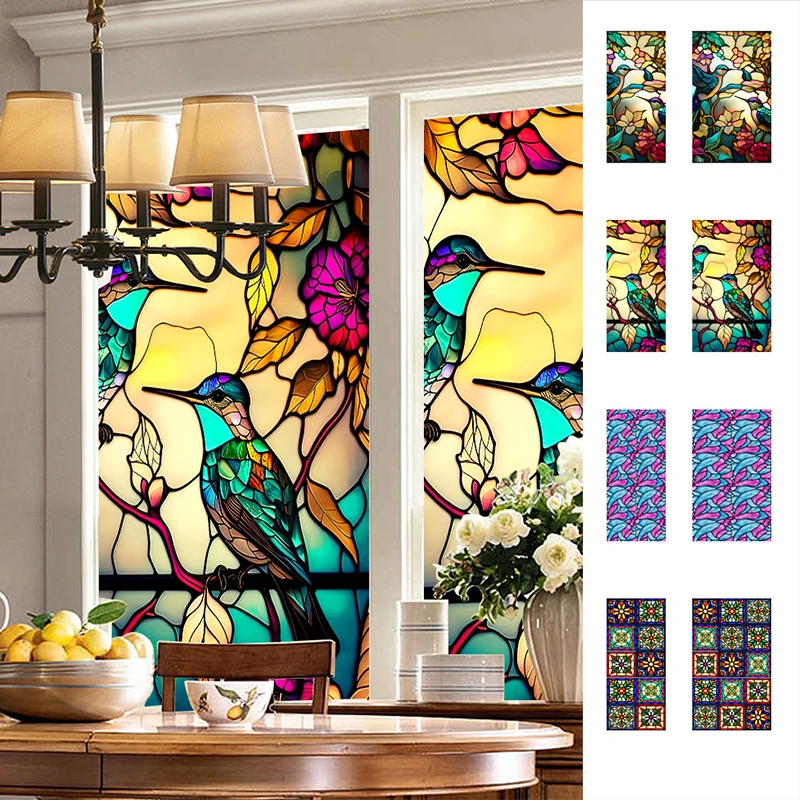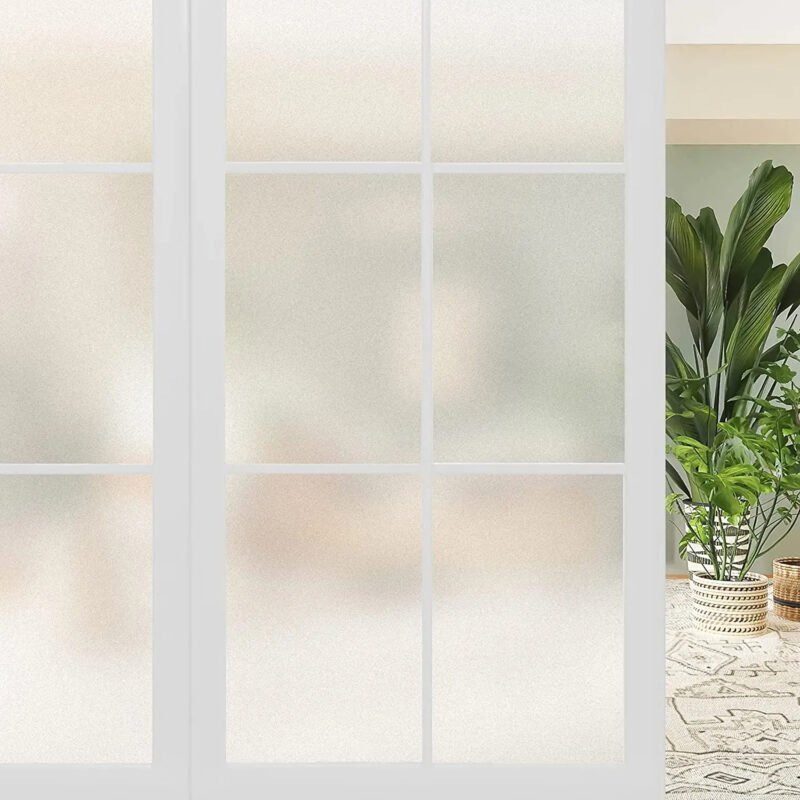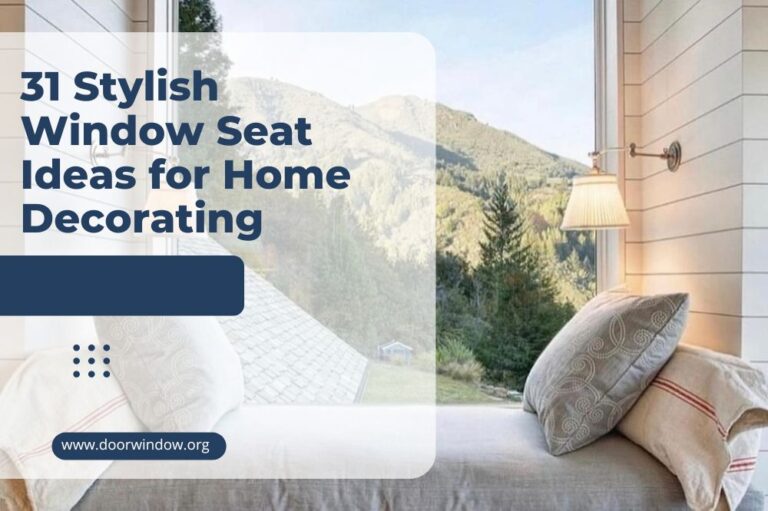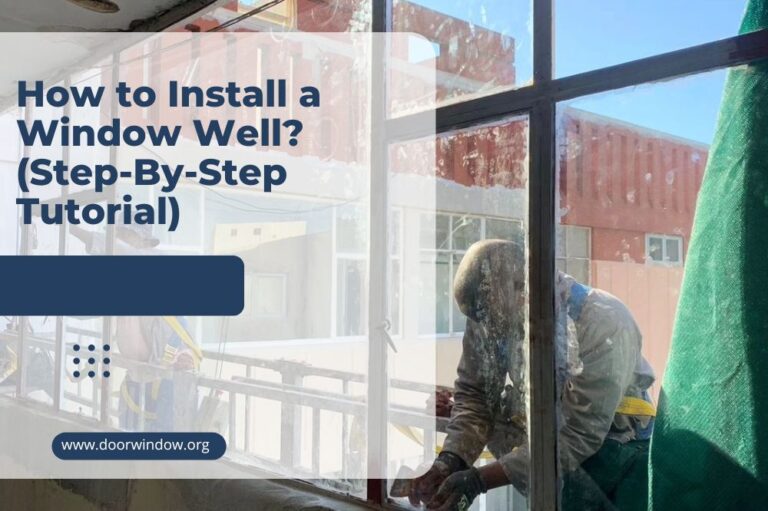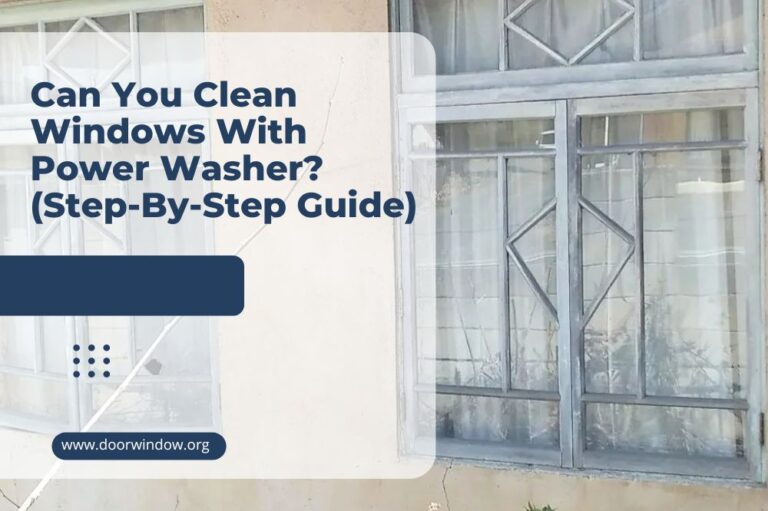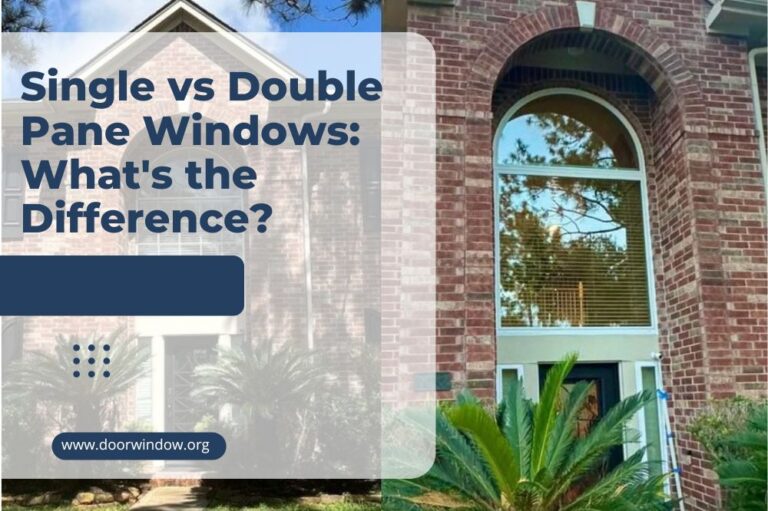Bali vs. Levolor Blinds: Which Is Better?
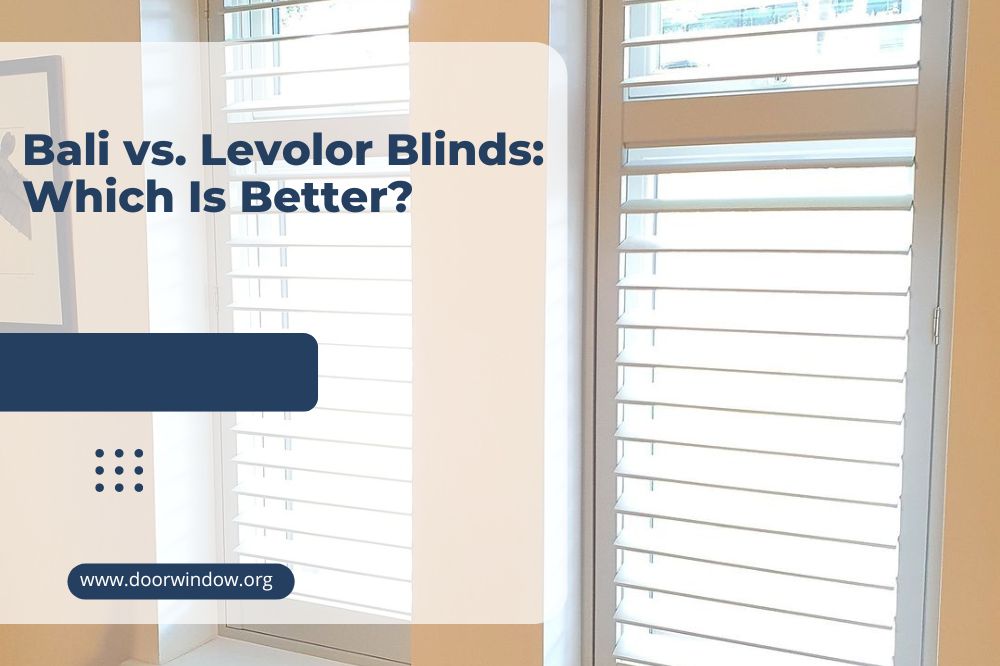
Do you want to purchase window blinds? If yes, then chances are that you’re torn between Bali and Levolor.
These brands are highly-competitive in the industry. And, perhaps, it won’t be wrong to say that they stand out as the market leaders.
But, when working on a set budget, you can’t possibly try both blinds and decide which one is the best. Don’t fret because we are here to help!
In today’s article, we will do a detailed side-by-side comparison of Bali and Levolor. So, without further ado, let’s dive in!
What are Bali Blinds?
Bali Blinds traces its roots back to the 1860s.
Dr. Elias Carey, who was a surgeon by profession, came up with an idea to improve daily life. He started a business of lamps for horse-drawn carriages in Philadelphia. But, things didn’t stay the same for long.
In the 1900s, horse-drawn carriages were replaced by automobiles. With this shift in transport, Elias Carey changed the business direction from lamps to blinds. The company launched its first curtains for automobiles and Venetian blinds for trains.
Venetian blinds gained huge popularity. By the 1930s, the Carey-McFall company had created the Betsy Ross Venetian Blind. These blinds had wooden slats and were named after the famous flag-maker of Philadelphia. No wonder these blinds became an American icon by the 1940s.
From the 1950s to the 1980s, Bali worked on growth and expansion. It released 1-inch and half-inch Bali custom mini blinds that became a hit amongst customers. In 1989, Carey-McFall joined the Springs company and moved to Wisconsin.
Today, Bali manufactures a number of premium window blinds and has 66 patents under its name!
What are Levolor Blinds?
Levolor is a relatively young window blind manufacturer in the industry. It was founded in 1914 by Hans.K Lorentzen. He was a Danish immigrant and introduced several new concepts to the market. These include vertical manufacturing, assembly lines, and metal manufacturing.
The company was an instant success due to its innovative products. However, in 1993, Newell Brands acquired Levolor. Things didn’t really go well with more customers reporting complaints about quality. Then, in 2016, Hunter Douglas bought the company and restored its previous reputation.
Bali VS Levolor: A Detailed Comparison
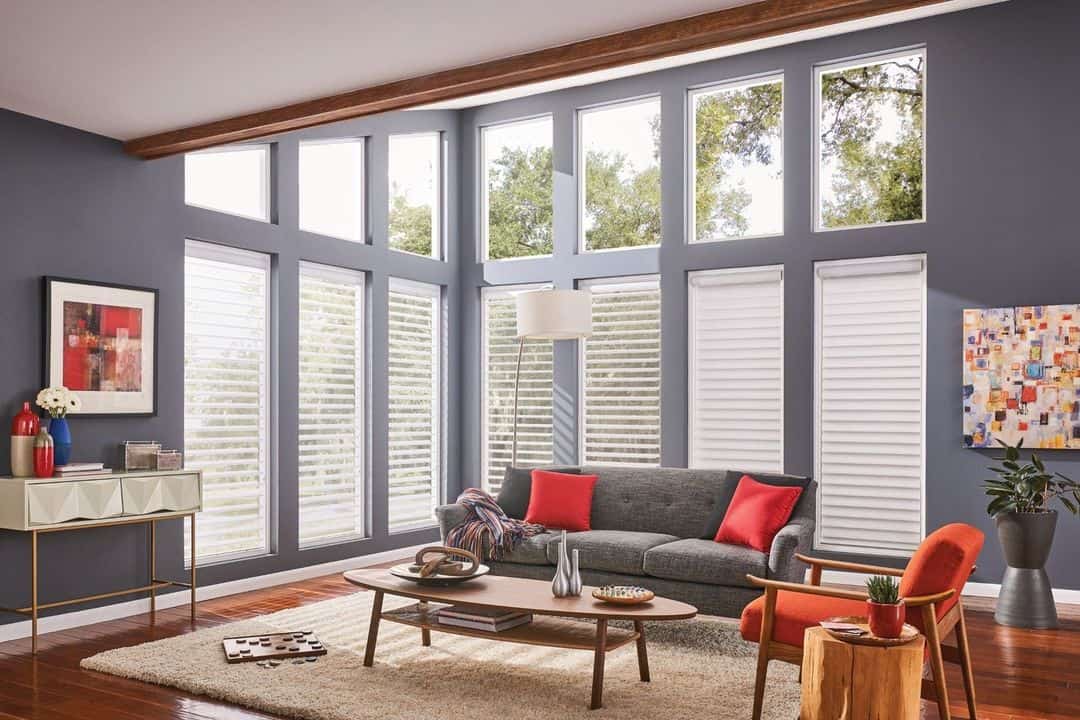
Now that we know a little about these market leaders. Let’s compare their window blinds side-by-side!
1. Types of Blinds
Both Bali and Levolor offer an assortment of window treatment products. These include blinds, shades, shutters, draperies, and accessories. But, when talking about blinds, Bali seems to provide a better variety than Levolor.
Bali
Bali believes in constant evolution. It keeps on introducing new blind designs and styles to suit your particular needs. However, the basic types of blinds are 7 that include:
- Faux & Composite Wood Blinds: These wooden blinds are designed for people on a budget. You can choose either faux wood or composite. Both are synthetic materials that appear like real wood. Since there is no real wood, these blinds stand up well against high heat and humidity. People living in such climates won’t have to worry a lot about maintenance and care.
- Wood Blinds: Wood blinds cost a bit more, but their feel and quality are nowhere comparable to the fake versions discussed above. They are made from top-quality hardwood sourced directly from North America. The material is durable and luxurious. But it also acts as a natural insulator for your home. None of the external heat (sunlight) is allowed inside, whereas the internal heat doesn’t move outside. This means cooler summers and warmer winters.
- Horizontal Blinds: Bali doesn’t just stay limited to wood. It also offers horizontal vinyl and aluminum blinds. These options are ideal for people who seek durability more than aesthetics or feels. Both vinyl and aluminum are fire-retardant materials. They resist humidity, dirt, and scratches. Your blinds will stay like you just bought them even after years of use.
- Vertical Blinds: Vertical blinds allow you to enjoy sunlight coming through windows and patio doors without compromising on privacy. Bali takes this benefit one step ahead by offering vertical blind vanes in four different options. These include wood, fabric, vinyl, and sheer-covered vinyl. Depending on what you choose, you will get unmatchable aesthetics, ease of use, and durability.
- Value Faux Wood Blinds: This is a standalone product that features 2-inch blinds made from faux wood. It has a cordless lift and durable steel headrail. The 72-inch x 72-inch wood blinds come for an affordable price.
- Value Vertical Blinds: Another value-for-money product is these vertical vinyl vanes blinds. The 3 ½-inch dimension makes it perfect for sliding glass doors and wide windows.
- Value Vinyl Blinds: If you have small windows and want something modish on a budget, the Bali value vinyl blinds are perfect. The 1-inch vanes look sleek and fit the smallest of spaces easily.
Levolor
Levolor offers only 6-types to choose from. These include:
- Faux Wood Blinds: Using NuWood slats, the Levolor faux wood blinds are of the finest quality possible. The wooden slats are moisture-resistant and will stand the test of time easily. They won’t crack, warp, or fade.
- Real Wood Blinds: Similar to Bali, Levolor also offers real wood blinds made from genuine hardwood. But it doesn’t mention the source of the material. Nonetheless, the product comes with a special anti-fading coating to prevent the wood from losing its shine over time.
- Vertical Blinds: The Levolor vertical blinds make the ideal solution for sliding doors. They come in a huge variety of materials like fabric, faux wood, natural wood, or faux wooden textures. You can also customize the look by choosing the type of vane. It can be either curved, S-shaped, or fabric. Depending on what you choose, the window blinds will block more light and provide a tighter closure.
- Soft Vertical Blinds: Soft vertical blinds are a new concept by Levolor. It merges draperies and window blinds into one product to give you the best of both worlds. The vertical vanes are layered with drapery-style fabric that offers a unique subtle look.
- Mark 1 Metal Blinds: These metal horizontal blinds are made from recycled aluminum, which makes them an environmentally friendly product. You can select different colors and finishes, though the base design remains the same (8-gauge blind slats with steel headrail components).
- Riviera Metal Blinds: The Riviera Metal Blinds are aluminum mini blinds with slats as small as half an inch. This gives a premium modern look that is suitable for offices and workspaces. These blinds are also made from recycled metal to minimize the impact on the environment.
2. Quality of Blinds
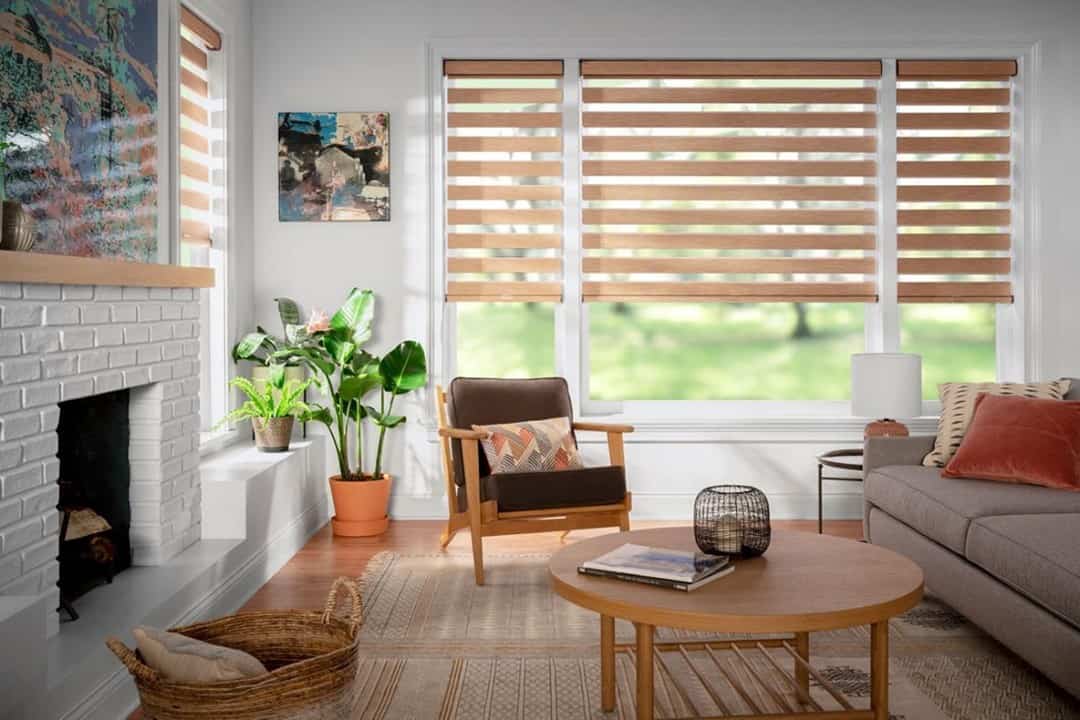
Bali manufactures each blind in the United States and sources the material from nearby reliable suppliers. All of its products are high-quality with few mistakes and damages. So, you can always count on their blinds to perfect.
However, Levolor blinds stand out in terms of aesthetics. Since Douglas acquired the company, Levolor has leveled up its game. All window blinds have a premium look and feel. You can tell with a single glance that the product is high-end.
As for durability, the blinds are made from strong materials. Be it hardwood or aluminum – the blind withstands all kinds of damage easily. And, don’t just take our word for it. Levolor’s long warranty is evidence of its robust products.
What’s more, some materials are recycled which makes them environment-friendly. This is a huge bonus point for anyone who realizes the current situation of the planet!
3. Pricing
The exact price of a custom window blind depends on its size, material, and lift option. But, generally, Bali Blinds is a very affordable and reasonable brand. You can expect prices to drop as low as $25 for single window blinds.
Comparatively. Levolor isn’t budget-friendly at all. It is a high-end company with prices starting at $99 for basic horizontal blinds and $300 for vertical blinds. The amount increases depending on what color, material, and size you choose.
This is a lot for a window blind. However, considering the premium aesthetics and construction, the pricing is justified. You may as well think of it as a lifetime investment!
4. Warranty
Bali offers a limited lifetime warranty on all products. The shades feature a 5-year warranty, whereas the blinds come with a 3-year warranty. That said, the warranties aren’t valid if the product wasn’t installed according to the manufacturer’s instructions.
It’s also not valid if the blinds weren’t given proper maintenance and care. In case you avail warranty, you will have to pay for the transport costs involved in the installation and repair process too.
All this makes Bali’s warranty very rigid. However, Levolor’s warranty is more friendly and easy to use. There are no such conditions that invalidate the warranty. You don’t have to pay the transport fee for professionals either.
And, the cherry on top is that Levolor’s warranty lasts for 10 years!
This is a huge timespan to use the product thoroughly and benefit from the warranty (if it applies). Bali’s 3-year warranty is nothing in comparison to Levolor.
Bali VS Levolor: Key Differences
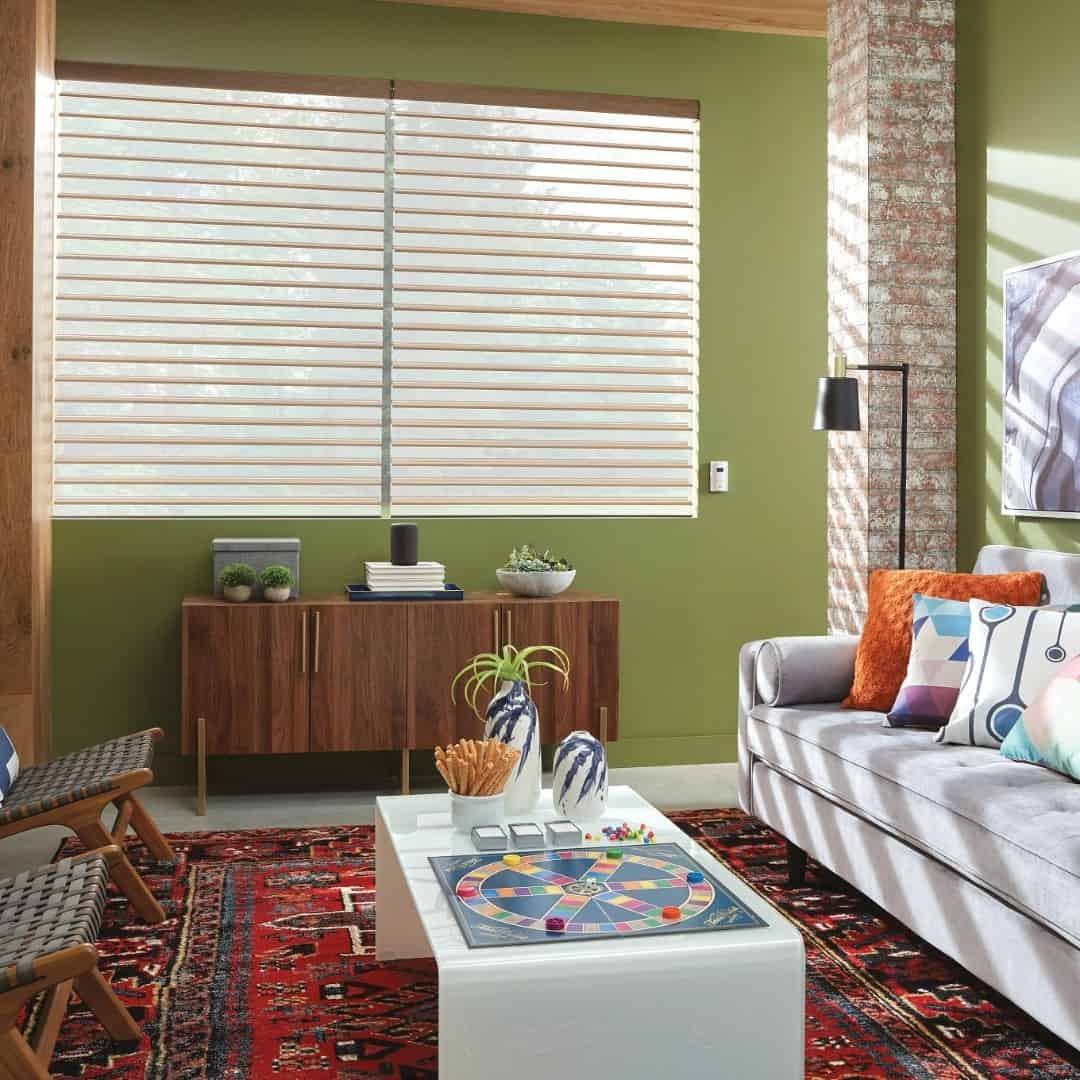
We’ve explained the differences between Bali and Levolor blinds in detail above. Here are some key points to summarize them!
1. Bali has more product variety than Levolor
At Bali, you can expect a wide range of products (7) to match your needs. But Levolor falls behind in competition with only 6 different products. Although this may not seem like a lot to an ordinary person, it means the convenience of finding everything in one place for a window-blind customer.
2. Bali offers better personalization options than Levolor
Both Bali and Levolor let you customize the product based on your specific wants. You can choose from a variety of materials, colors, and sizes to get the perfect window blind for your home.
However, Bali’s personalization options go beyond looks. You can also alter the functionality like how you want to control the window blinds, valence style, and types of the bottom rail. So, the product is completely unique.
3. Levolor Blinds are more eco-friendly and durable than Bali
Levolor’s products are unbeatable in terms of quality. The majority of their window blinds consist of top-notch, recycled materials that make them both durable and environment-friendly. If you value the impact of your actions on the environment, this is a huge benefit.
Comparatively, Bali Blinds are flawless and good-quality. But, the fact that they offer a 3-years warranty on the product says a lot about durability.
4. Levolor Blinds have friendlier warranty terms
Bali offers a five-year warranty at maximum (shades & shutters) and a three-year warranty on blinds. It also considers the warranty invalid if there’s a lack of proper maintenance (hence, restricting customers). Meanwhile, Levolor’s warranties go up to ten years and don’t include very rigid policies.
5. Levolor Blinds are more trendy than Bali Blinds
Bali may have better product variety and personalization options. But its design options are certainly not the trendiest ones in the market. In comparison, Levolor offers the latest modern looks to glam up your home décor based on what is in current trends.
6. Bali is an affordable brand, but Levolor isn’t
People, who are working on a budget, have no good option other than Bali. The brand is undeniably cheap and more affordable than Levolor. But, if you have the budget and want to invest considerable amounts in window blinds, Levolor will be ideal.
Verdict
All in all, both Bali and Levolor are reputable brands. Their product collection and customer service make them stand out from the competition.
However, when compared against each other, Bali is an affordable brand that lets you personalize the window blinds, and Levolor is a high-end brand with aesthetic, fine-quality blinds.

